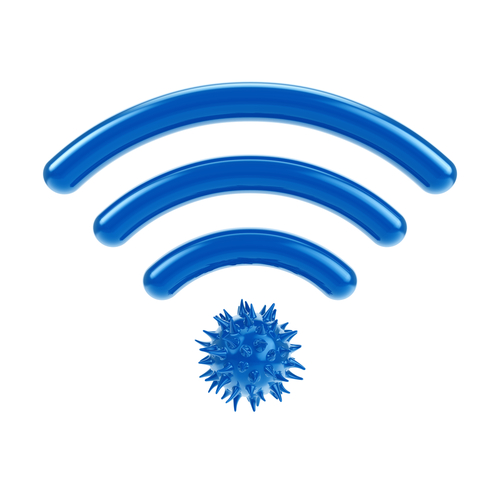

Avoid False Information And Secure Your WiFi Network
Is your home WiFi network secure? Unfortunately, there’s a lot of bad information out there that convinces users that they’ve secured their home network, when in actuality it’s still as vulnerable as ever.
Eric Geier, of CIO, set out to debunk some popular myths regarding WiFi security in a recent article. The items on this list have been proven to be inconsequential for protecting you against potential threats.
- Broadcasting your SSID
You’ll find many individuals across the web suggesting you stop broadcasting your wireless router’s name, known as its SSID, or Service Set Identifier. This is to keep your network invisible from those you want to keep out. However, it will still be visible to most users and the SSID is easy to discover for hackers. Plus, trying to stay invisible can make you a target as criminals believe there may be valuable data on your network that you’re trying to conceal.
- MAC address filtering
MAC stands for Media Access Control. A MAC address is an alphanumeric code used to uniquely identify each device on your network. You’re able to configure your router to only allow certain MAC addresses access to your network. In theory, this would keep out unwanted network users, even if they have your network’s password. However, hackers have tools to easily see the list of accepted MAC addresses and can then change their device’s address to match one of those. This makes MAC address filtering little more than a time waster.
- Limited IP address pool
In addition to the MAC address, each device on your network has a unique Internet Protocol, or IP, address. Your router issues an IP address to each device when they join the network. By changing configuration so your router only has a limited number of IP addresses to issue, you should be able to limit how many users your network can possibly have. Hackers are able to scan for IP addresses being used by your network, however. They can then assign an acceptable one to their device and by pass this security measure.
- Low transmission power
Another myth is that reducing the power of your wireless router will make it harder to be accessed by anyone outside your home. The theory is that since the WiFi network won’t be visible from as far away, not as many people will be able to penetrate it. Hackers use high-powered antennas, however. So, having a low powered router will only limit your use of your network.
If you’d like to truly secure your network, consider encryption and firewalls. Coupled with regularly updated antivirus software, this is the best way to keep your network and computer safe. For help improving the cyber security at your home or office, contact Geek Rescue at 918-369-4335.
October 8th, 2013








